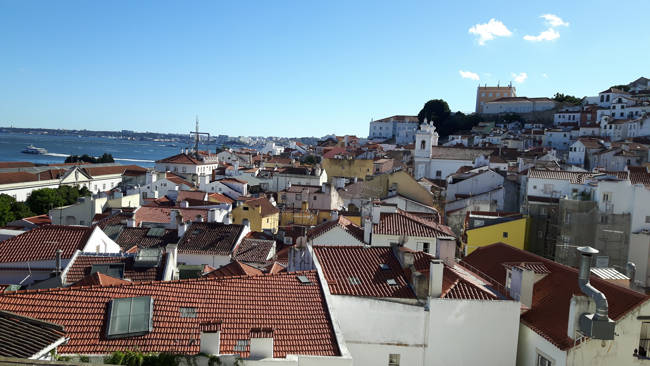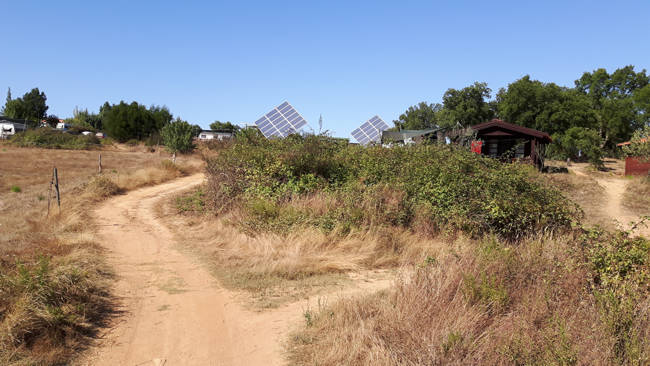Wednesday, May 13th, 2020
by Siddharth Sareen
Ruptures intensify contestation and collective efforts advance solidarity. The COVID-19 pandemic and our societal responses matter in ways whose full consequences are currently unforeseeable. Amidst the tragedy, there are countless heroic acts of human care. Many of these are performed away from public view, in contrast to strategic efforts to drain the public purse. Portugal, both as a state and as a society, has shown admirable resolve and fortitude, responding calmly in a spirit characterised by togetherness.
I watch all of this unfold from afar, working from home in Bergen, Norway, where our society went into lockdown mode on 12 March 2020 and is now gradually beginning to re-open. As a researcher working on the governance of solar energy in Portugal, I was looking forward to spending time there this spring, at the Urban Future Global Conference and the Large Scale Solar Europe conferences in Lisbon, the European Green Capital for 2020, as well as doing fieldwork during the next round of solar energy auctions. These events have been postponed, cancelled or moved partly online, with solar auctions for 700 MW now rescheduled for June 2020. These are sensible measures, in line with our societal priorities.

But if there is one exciting development that I am keen to follow, it is the trajectory of community energy in Portugal. Enabling legislation has been in place since January 2020. The re-elected government and the Ministry of Environment and Energy Transition have delivered on their promise to support growth in this socially and environmentally desirable segment of an expanding sector. I have written about the complex route that we had to follow to reach this point. How will the individuals and groups who are developing community energy initiatives fare during and after the pandemic?
I am heartened by the news that ECO123 is forging ahead with its plans for 504 solar panels in its botanical gardens. A range of actors are mobilising, from solar energy cooperatives like Coopérnico to community energy projects like PROSEU, and from energy sector enterprises like Enercoutim to investment models like GoParity. All of this is happening at a time when employment is badly affected, especially in Portugal’s massive tourism sector, with the peak season almost upon us. We are at a vital juncture for the country’s solar future. Pro-people models for community energy can create jobs, ease energy cost burdens, and yield a socially inclusive green energy transition. Truly democratic and empowering energy transition opportunities are within reach, but they are far from assured. There is more than talk of a European Green Deal (within a few months, the European Commission will make a billion euros available for research on this theme), but the shape that this should take is widely contested.

One piece of heartening news is that we have received funding for a Positive Energy Districts European Network. This will lead to greater collaboration across Europe on how we can create locally powered districts as models for a carbon-neutral future that benefits the public. In the coming months and years, our response to the pandemic must include a societal push to support such people-centric visions with our actions and investments. Community energy, with distributed solar plants, is one of many ways that we can address both short-term needs and meet the long-term goal of addressing the climate crisis. Let us make the most of this definitive moment for a pro-people solar future!
 Eco123 Revista da Economia e Ecologia
Eco123 Revista da Economia e Ecologia



